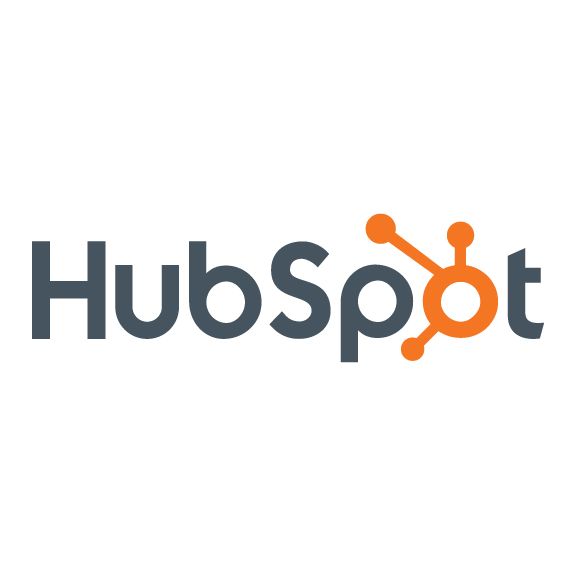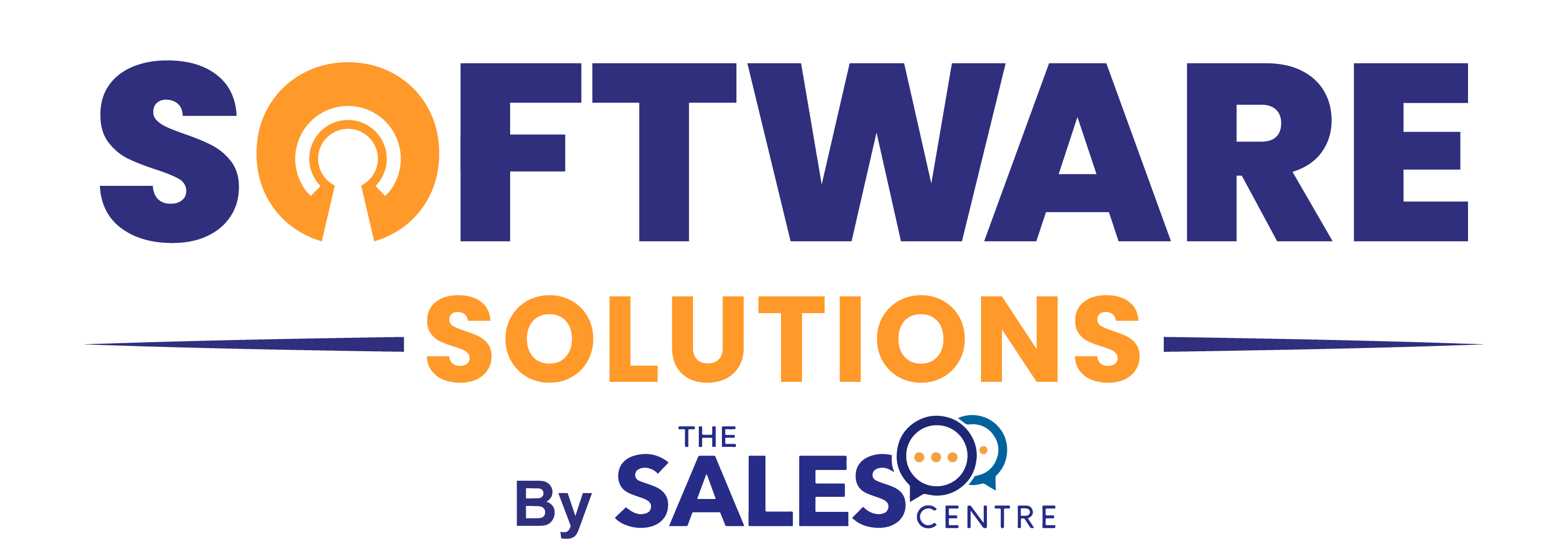The marketing landscape is evolving at an unprecedented pace, with artificial intelligence (AI) at the centre of this transformation. Businesses are using AI to enhance customer engagement, automate marketing processes, and gain deeper insights into consumer behaviour. However, while AI presents significant opportunities, it also introduces challenges that require strategic implementation. Companies that effectively leverage AI can achieve competitive advantages, but success depends on balancing automation with human oversight. Understanding how AI is reshaping marketing will be crucial for businesses looking to stay ahead in an increasingly digital world.
Enhancing Customer Personalisation Through AI
Modern consumers expect marketing that feels tailored to their individual needs. Traditional segmentation strategies categorise consumers based on broad demographics, but AI allows businesses to take personalisation to a new level. Machine learning algorithms analyse customer behaviour in real time, identifying patterns and preferences that enable brands to deliver hyper-personalised experiences.
How It Helps:
AI-driven personalisation enhances marketing across multiple channels. From dynamically adjusting website content based on a visitor’s browsing history to delivering highly relevant product recommendations, AI makes marketing efforts more precise and effective. Advanced AI tools can also analyse social media interactions and email engagement to predict customer intent, ensuring that messages reach consumers at the right time with the right content.

Example in Action
AI-driven personalisation in action is seen in e-commerce platforms like Amazon, which leverage AI to recommend products based on purchase history and search behaviour. This not only improves user experience but also increases conversions and customer retention. Businesses that adopt AI-powered personalisation can create stronger connections with their audience, improving engagement and maximising marketing efficiency.
AI-Powered Content Creation and Optimisation
Producing high-quality content consistently is a challenge for many businesses, but AI is transforming the way content is created and optimised. AI-powered tools can generate compelling blog posts, ad copy, and email marketing campaigns in a fraction of the time it would take a human writer. Natural language processing (NLP) and machine learning enable AI to understand context, tone, and audience preferences, ensuring that content remains relevant and engaging.
How It Helps:
Beyond text-based content, AI is also enhancing visual and video marketing. AI-driven platforms can create customised images, suggest video edits, and even generate entire video advertisements based on consumer insights. By automating the content creation process, businesses can maintain a consistent brand voice and produce high-quality marketing materials without overextending their creative teams.

Example in Action
AI-powered content marketing is HubSpot, which uses AI to analyse user engagement and suggest content improvements. The platform provides marketers with insights into which blog topics resonate most with their audience and offers AI-generated recommendations for optimising headlines, keywords, and overall readability. Businesses that integrate AI into their content strategy can improve efficiency, enhance engagement, and drive higher conversions.
Predictive Analytics: Data-Driven Decision Making
Effective marketing relies on data-driven decision-making, and AI-powered predictive analytics is helping businesses make smarter choices. By analysing historical data, AI can identify trends, predict customer behaviour, and optimise marketing campaigns in real time. This enables companies to move beyond reactive strategies and take a proactive approach to customer engagement.
How It Helps:
AI-driven analytics tools process vast amounts of data at speeds that human analysts cannot match. Marketers can use AI to predict which leads are most likely to convert, determine the best times to launch campaigns, and refine targeting strategies for maximum impact. AI also enables businesses to allocate marketing budgets more efficiently by identifying the highest-performing channels and adjusting spending accordingly.

Example in Action
Predictive analytics in marketing is Netflix, which uses AI to recommend content based on viewing habits. The platform’s algorithm continuously refines its recommendations, leading to increased user engagement and customer retention. Similarly, businesses that leverage AI for predictive analytics can enhance their marketing ROI by focusing efforts on strategies with the highest likelihood of success.
Conversational AI: Transforming Customer Engagement
AI-driven chatbots and virtual assistants are revolutionising how businesses interact with customers. Consumers now expect instant responses, and AI-powered conversational tools provide real-time support while reducing the burden on human customer service teams. AI chatbots can handle inquiries, provide personalised product recommendations, and assist with transactions, creating a seamless customer experience.
How It Helps:
Unlike traditional automated responses, modern AI chatbots use natural language processing to understand context and sentiment, making interactions feel more human-like. These AI tools continuously learn from customer interactions, improving their ability to provide accurate and relevant responses over time. Businesses that integrate AI-driven chat solutions can enhance customer satisfaction while reducing wait times and operational costs.

Example in Action
AI-powered customer engagement is Sephora’s chatbot, which offers personalised beauty advice based on customer preferences. By guiding users through product selections and answering questions instantly, the chatbot improves the shopping experience and increases sales. Companies that adopt conversational AI can strengthen customer relationships, streamline support services, and improve overall brand perception.
Ethical Considerations and the Future of AI in Marketing
While AI provides numerous benefits, it also raises ethical concerns that businesses must address. Transparency, data privacy, and algorithmic bias are critical factors that require careful oversight. AI-driven marketing strategies must comply with regulations such as the General Data Protection Regulation (GDPR) and the California Consumer Privacy Act (CCPA) to ensure responsible use of consumer data.
How It Helps:
Brands must also be mindful of maintaining human oversight in AI-generated content and customer interactions. Over-reliance on AI without ethical considerations can lead to impersonal experiences and potential reputational risks. The most successful businesses will be those that strike the right balance—leveraging AI for efficiency while ensuring that human creativity and ethical decision-making remain integral to marketing efforts.
Example in Action
Responsible AI implementation is IBM’s Watson, which focuses on transparent AI applications and bias mitigation. Companies that prioritise ethical AI practices can build consumer trust, differentiate themselves in the market, and ensure long-term success in an AI-driven marketing landscape.
Welcoming AI for a Competitive Edge
AI is not just an emerging trend—it is the future of marketing. From hyper-personalisation and content automation to predictive analytics and conversational AI, artificial intelligence is reshaping how businesses engage with customers and optimise their marketing strategies. Companies that adopt AI-driven tools strategically can improve efficiency, enhance customer experiences, and drive measurable growth.
However, success with AI depends on more than just implementation. Businesses must ensure ethical AI adoption, maintain human oversight, and continuously adapt to technological advancements. Those that embrace AI responsibly will gain a significant competitive edge, positioning themselves at the forefront of marketing innovation. The future is here, and AI is leading the way—businesses that act now will define the next era of marketing.


